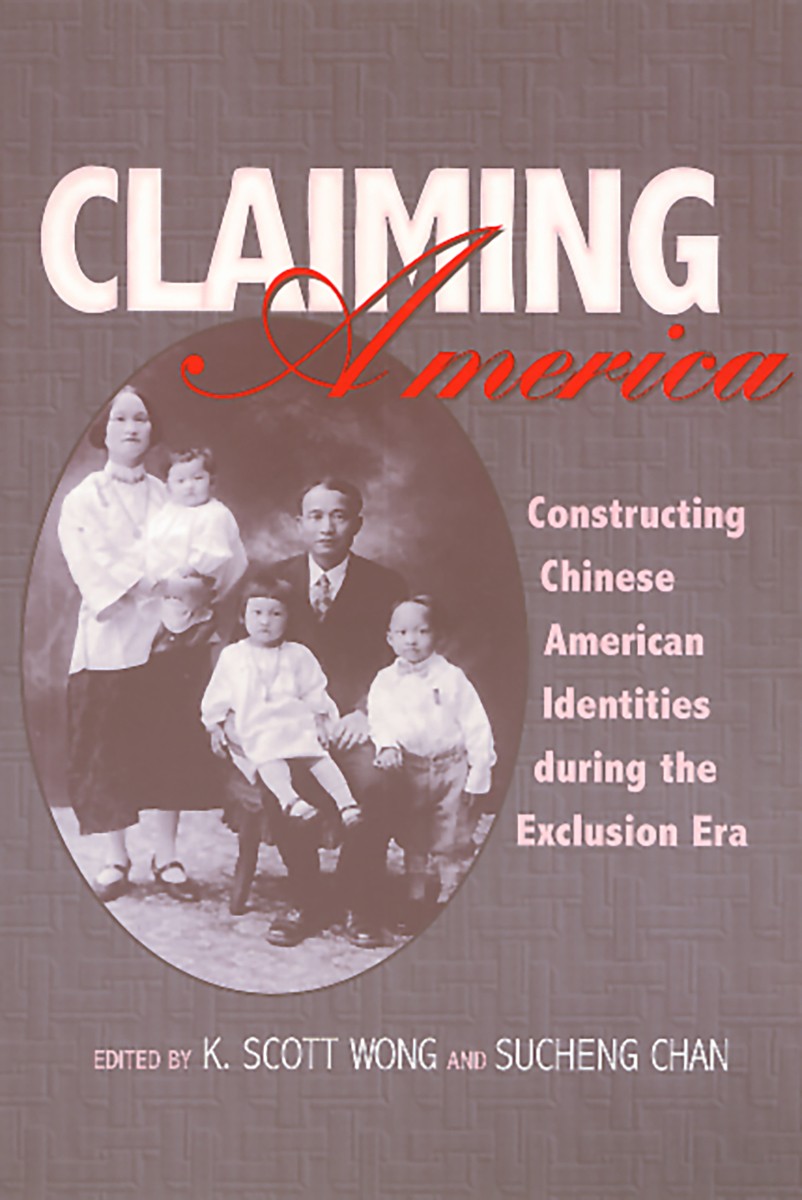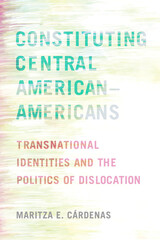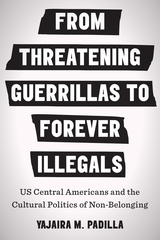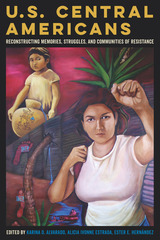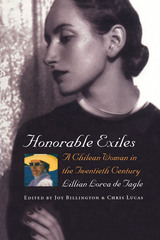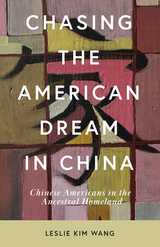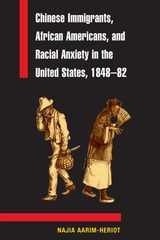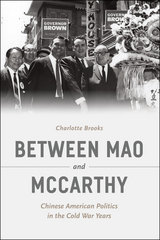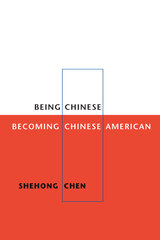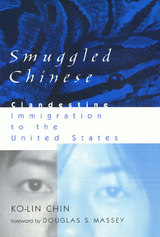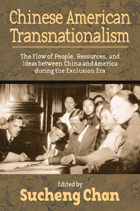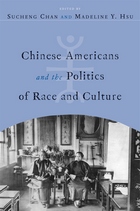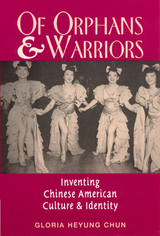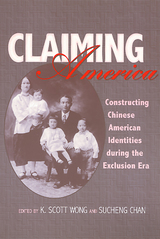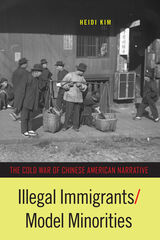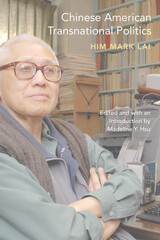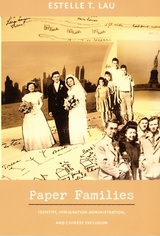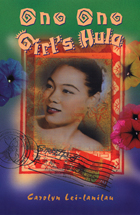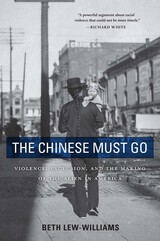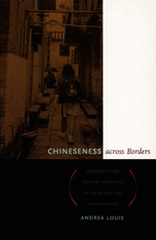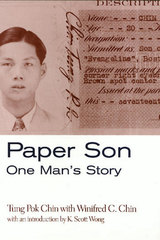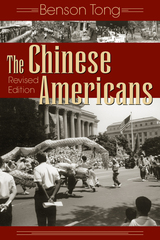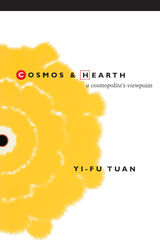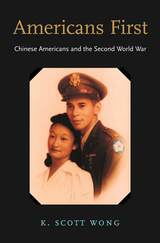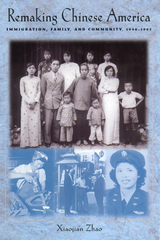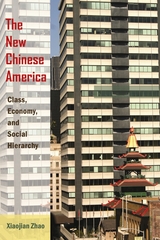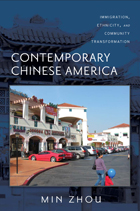Claiming America
Temple University Press, 1998
eISBN: 978-1-4399-0770-2 | Cloth: 978-1-56639-575-5 | Paper: 978-1-56639-576-2
Library of Congress Classification E184.C5C57 1998
Dewey Decimal Classification 973.04951
eISBN: 978-1-4399-0770-2 | Cloth: 978-1-56639-575-5 | Paper: 978-1-56639-576-2
Library of Congress Classification E184.C5C57 1998
Dewey Decimal Classification 973.04951
ABOUT THIS BOOK | AUTHOR BIOGRAPHY | TOC | REQUEST ACCESSIBLE FILE
ABOUT THIS BOOK
This collection of essays centers on the formation of an ethnic identity among Chinese Americans during the period when immigration was halted. The first section emphasizes the attempts by immigrant Chinese to assert their intention of becoming Americans and to defend the few rights they had as resident aliens. Highlighting such individuals as Yung Wing, and ardent advocate of American social and political ideals, and Wong Chin Foo, one of the first activists for Chinese citizenship and voting rights, these essays speak eloquently about the early struggles in the Americanization movement.
The second section shows how children of the immigrants developed a sense of themselves as having a distinct identity as Chinese Americans. For this generation, many of the opportunities available to other immigrants' children were simply inaccessible. In some districts explicit policies kept Chinese children in segregated schools; in many workplaces discriminatory practices kept them from being hired or from advancing beyond the lowest positions. In the 1930s, in fact, some Chinese Americans felt their only option was to emigrate to China, where they could find jobs better matched to their abilities. Many young Chinese women who were eager to take advantage of the educational and work options opening to women in the wider U.S. society first had to overcome their family's opposition and then racism. As the personal testimonies and historical biographies eloquently attest, these young people deeply felt the contradictions between Chinese and American ways; but they also saw themselves as having to balance the demands of the two cultures rather than as having to choose between them.
The second section shows how children of the immigrants developed a sense of themselves as having a distinct identity as Chinese Americans. For this generation, many of the opportunities available to other immigrants' children were simply inaccessible. In some districts explicit policies kept Chinese children in segregated schools; in many workplaces discriminatory practices kept them from being hired or from advancing beyond the lowest positions. In the 1930s, in fact, some Chinese Americans felt their only option was to emigrate to China, where they could find jobs better matched to their abilities. Many young Chinese women who were eager to take advantage of the educational and work options opening to women in the wider U.S. society first had to overcome their family's opposition and then racism. As the personal testimonies and historical biographies eloquently attest, these young people deeply felt the contradictions between Chinese and American ways; but they also saw themselves as having to balance the demands of the two cultures rather than as having to choose between them.
See other books on: Asian American & Pacific Islander Studies | Chinese | Chinese Americans | Cultural & Ethnic Studies | Social conditions
See other titles from Temple University Press
